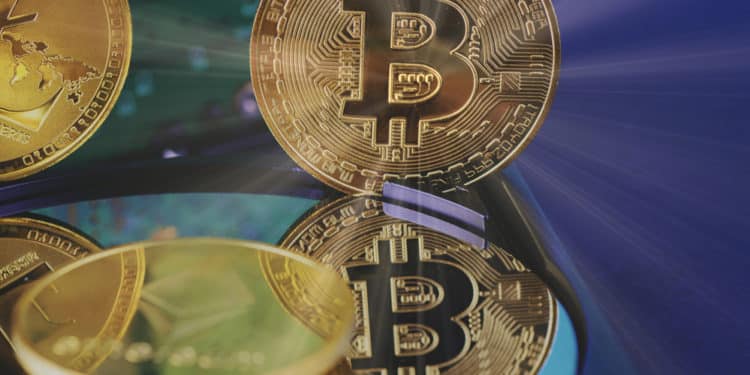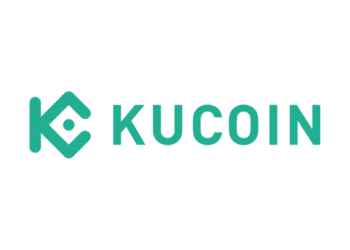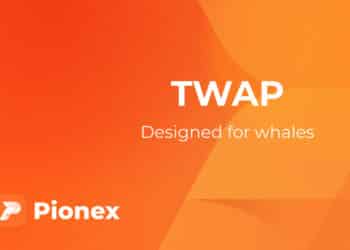Cryptocurrencies are now becoming recognized as financial tools that can be used by many people. By providing better access to cash and financial services, they have the potential to enable social and economic growth around the world, even in underdeveloped countries.
While the economy is becoming increasingly global, the government of any single country has enormous control over its citizens’ financial and economic liberties. With crypto adoption, many individuals are able to achieve economic freedom because crypto is not regulated by any government.
What is economic freedom?
It refers to measures that give users in each country the freedom to manage their money, property, and labor, which are then compared globally. The Index of Economic Freedom, which combines 12 factors that contribute to a country’s overall measure, is used to calculate it. It is divided into four areas, each with its own set of subcategories, such as market openness, which assesses a country’s trade, financial, and investment freedom. Each with its own subcategories; the others are regulatory efficiency, rules of law, and government size.
Why are cryptos positioned to increase economic freedom?
They are unbiased
Crypto networks are most often anonymous. They are inherently open and unbiased. Anyone with an internet connection can establish a wallet, receive payments, spend and accumulate cryptocurrency assets. Although service providers have compliance systems as needed by law, they do not have authority over all crypto and do not own the network.
They are international
They enable people all over the world to transact over shared networks. More importantly, these networks are independent of governments, which can use their monetary systems to limit economic freedom (and prosperity). Thus, they improve trade, investment, financial and monetary freedom, resulting in more open markets.
They enable mobility
By drastically lowering the barriers to emigration and so enhancing economic freedom, crypto is the ultimate embodiment of the individual’s power. Cryptocurrency also facilitates mobility by lowering transaction costs, thus allowing people to accumulate money as well as transport it across borders.
They uphold property rights
Property rights help people to save money, build wealth, and plan for the future. Anyone can acquire and develop their money using crypto without the intrusion of trusted third parties such as a government or a bank or risk their wealth being readily confiscated. Property rights also include the capacity to enter into contracts. A contract has limited value in some parts of the world since its enforcement can’t be trusted.
How does crypto help gain economic freedom?
They increase economic activity
Many people around the world earn via crypto. Bitcoin, for example, has already enabled many people and businesses to grow and prosper, and many people and businesses rely on trading as a source of revenue. The economy is gradually adapting to these needs, and cryptocurrencies have a lot of potentials to meet them.
They give entrepreneurs more power
Blockchain technology enables entrepreneurs to receive payments in multiple currencies, thus making it easy for them to do transactions seamlessly. The goal is to assist small and medium businesses worldwide in obtaining greater financial coverage and a more open financial relationship with the rest of the world. Entrepreneurs may easily convert altcoins into fiat currencies, which they can then use for business investments, purchases, and payments.
They give opportunities to poorly-banked countries
More than a third of the world’s population lacks access to fundamental banking services that could assist them in a personal financial emergency, such as loans, checking accounts, and so on. These individuals, who are usually already financially disadvantaged, are more likely to use fraudulent and risky loan tactics. The interest rate charged by these activities is far from fair, resulting in increased instability among those who applied for the loan. With their extreme volatility and ease of usage, Cryptos are ideal for this.
They have increased transaction transparency
All blockchain and cryptocurrency transactions are recorded on a distributed ledger because they are automated and digital. The finest element is that it cannot be influenced by individuals or businesses, significantly reducing the danger of fraud and corruption. As a result, developing countries have a better opportunity of participating in financial transactions and boost their own economies and social prospects. Furthermore, residents will be able to trace where governmental funds are directed, giving them a voice in their local political atmosphere.
Top 5 cryptos that enable economic freedom
Ethereum
Ethereum 2.0, which was recently launched, provides crypto investors with a better and more frictionless service. Because of the widespread usage of digital money, it has the potential to drastically enhance the price of cryptocurrencies.
Terra
It is a blockchain protocol that powers price-stable global payment networks with fiat-pegged stablecoins. LUNA, its governance token, delivers rapid and economical settlements by combining the price stability and widespread use of fiat currencies with the censorship-resistance of Bitcoin. Experts commonly employ LUNA to keep the price of the protocol’s stablecoins stable.
Bitcoin
It was the first crypto, and it continues to be the most popular among cryptocurrency investors. BTC is the crypto industry’s flagship product. It grants crypto investors economic freedom because it is the most trusted cryptocurrency.
Cardano
It is a blockchain platform based on proof-of-stake. This crypto combines cutting-edge technologies to provide dApps with unrivaled security and long-term viability. The token is intended to allow crypto investors to take part in the network’s operations.
Solana
It is a highly functional open-source project that uses the permissionless feature of blockchain technology to create decentralized financial (Defi) solutions. Its goal is to eliminate Ethereum. Ethereum is the most secure and decentralized option out of the two, and Solana is the quicker and more cost-effective network.
Summary
The rapid adoption of cryptos is a clear indication that new financial requirements must be met, and they’re creating economic freedom. Crypto is uniquely positioned to do so because they are unbiased, international, uphold property rights, and mobile. They do so by increasing economic activity, giving more power to entrepreneurs, giving opportunities to poorly-banked countries, and increasing transaction transparency.







